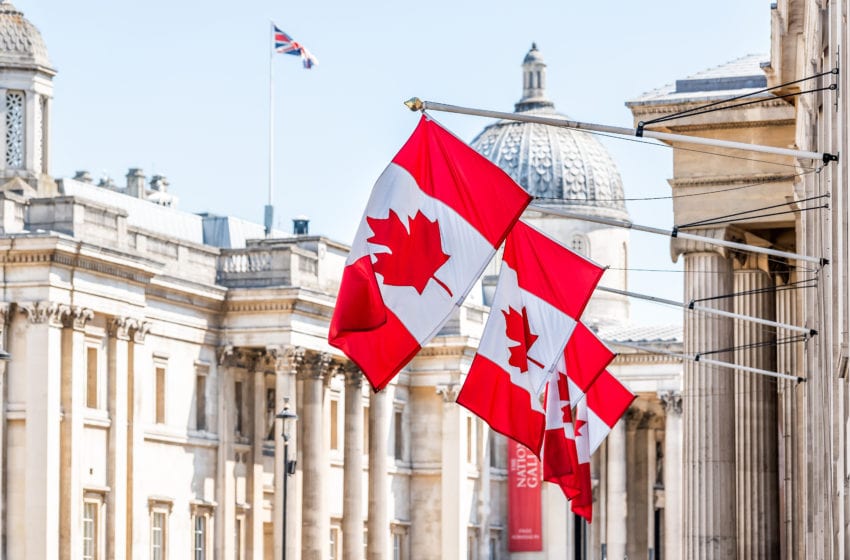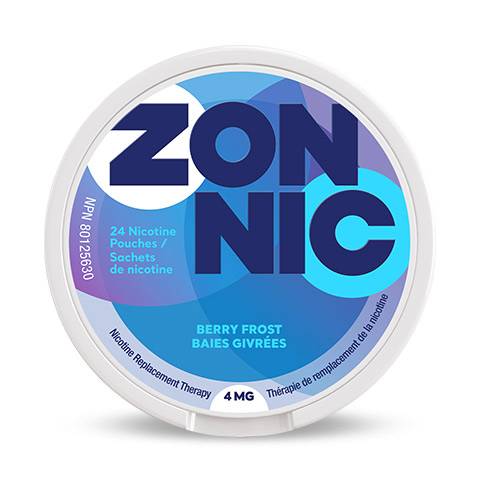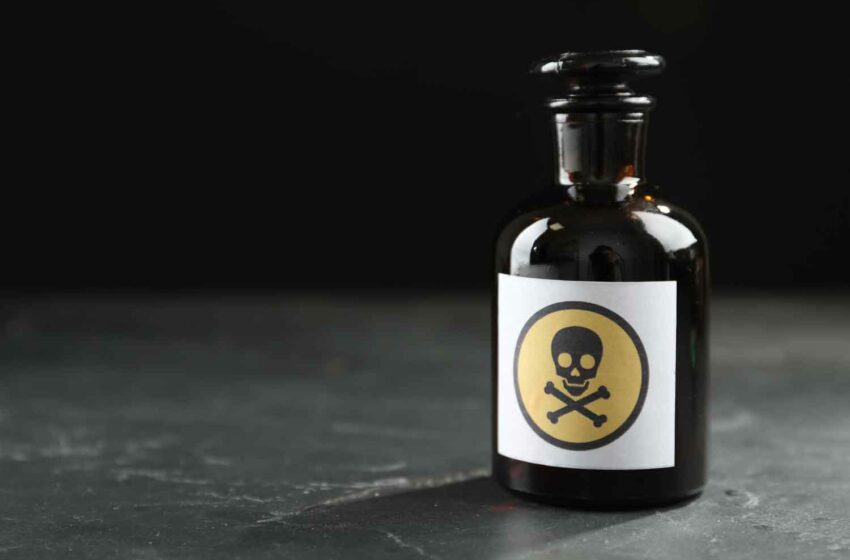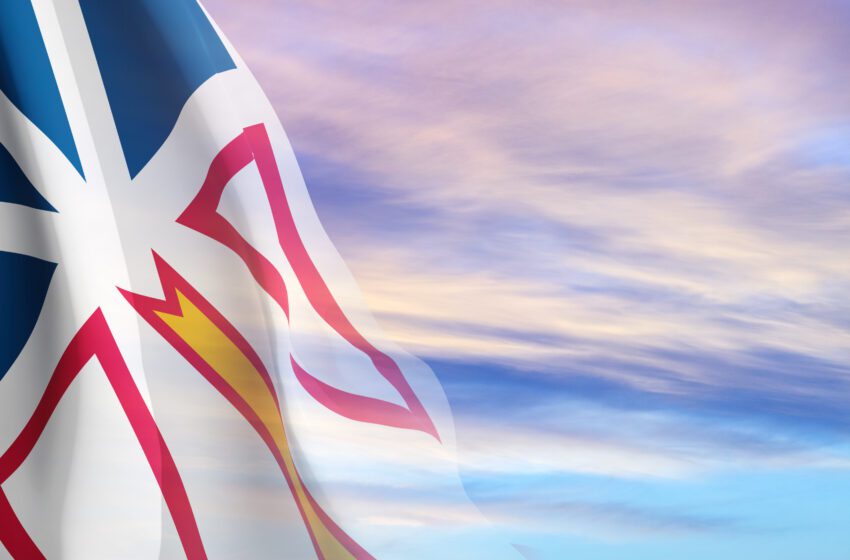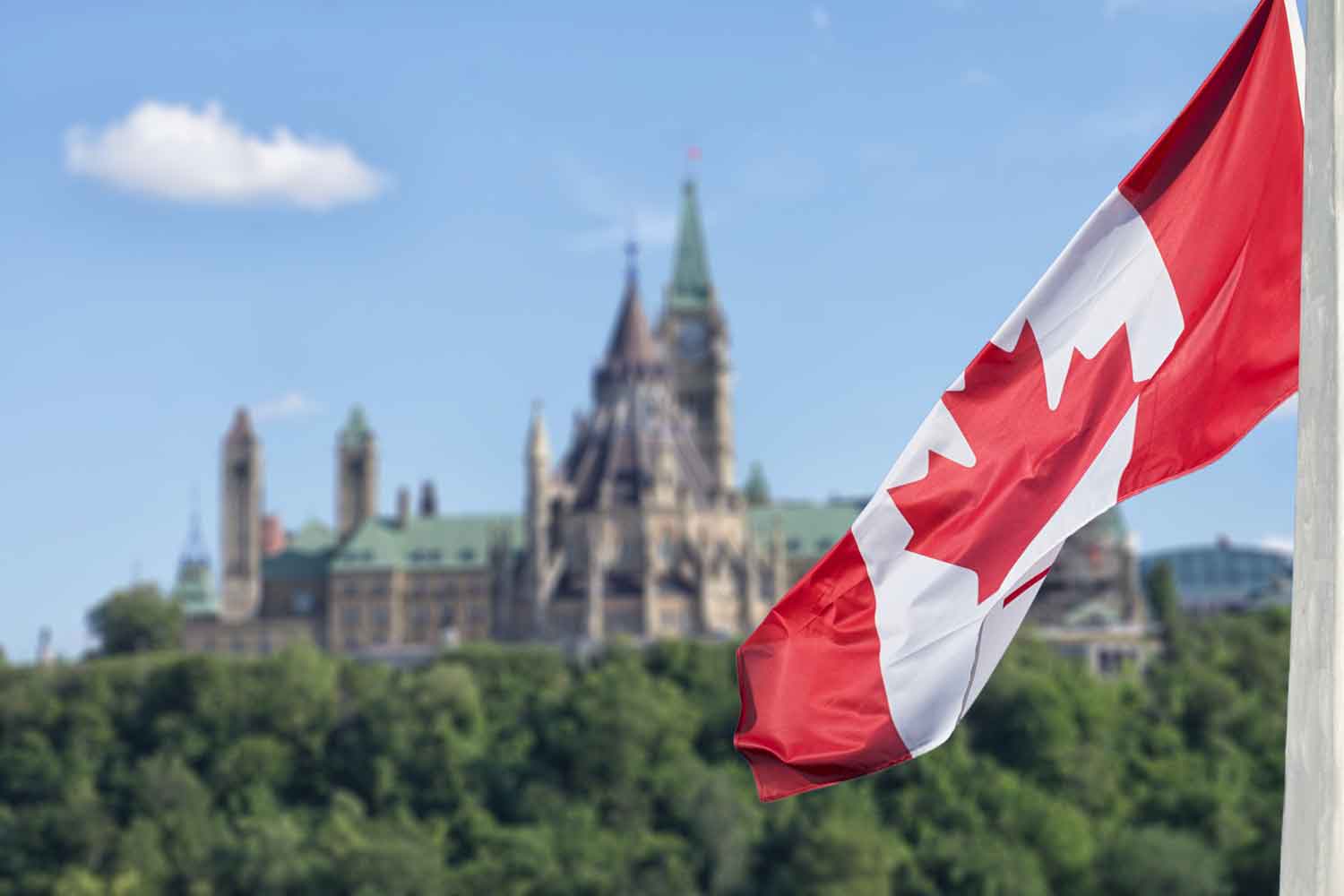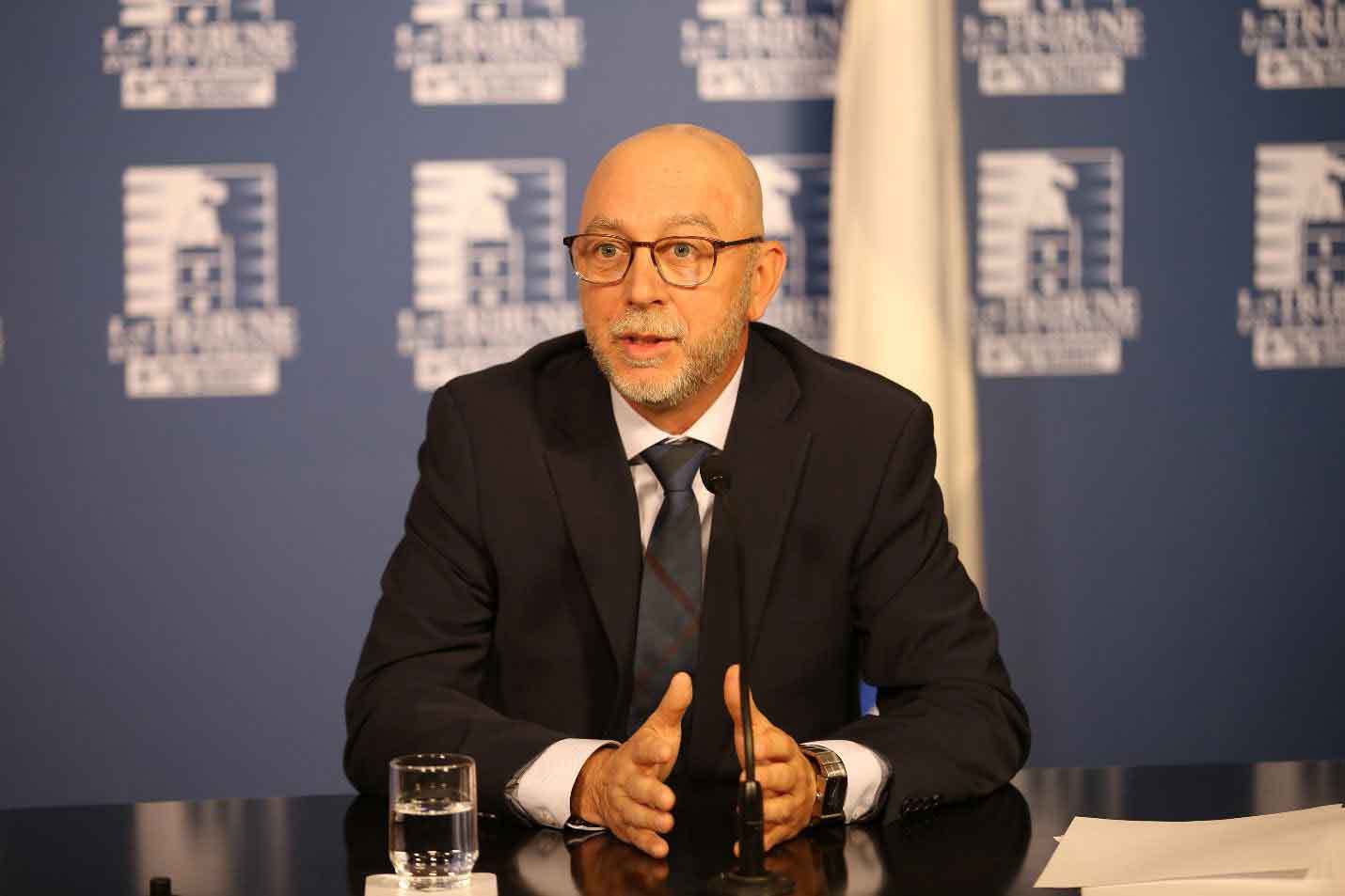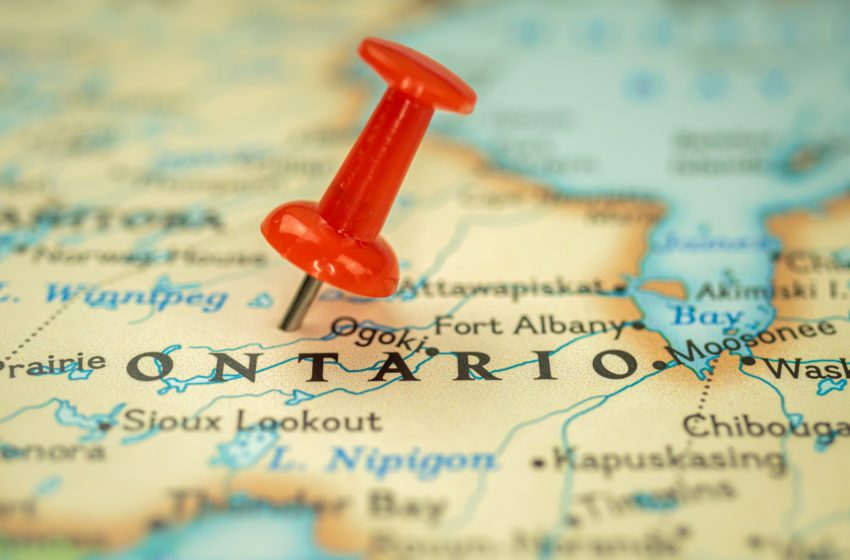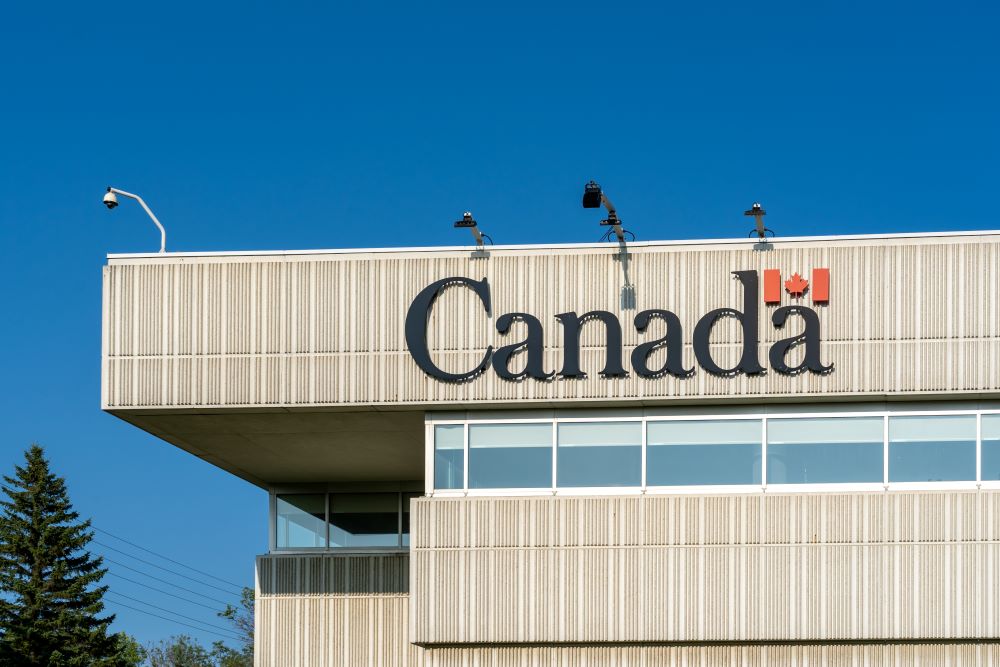
One year after Quebec banned non-tobacco flavored vapes, most vapers are buying such products illegally in the province, according to Imperial Tobacco Canada (ITCAN).
In a survey carried out by Leger, 61 percent of vapers said that they purchased non-tobacco flavored vapor products in the past 12 months. Forty percent of those respondents said that they purchased an illegal flavored vapor product from a vape shop, and 33 percent of those respondents said they purchased flavored vapor products online. Forty-seven percent of those respondents said they knew it was illegal when they purchased a flavored vapor product
“If the government’s objective was to create an untaxed and unregulated vapor market, then well done and mission accomplished,” said ITCAN Vice President of Corporate and Regulatory Affairs Eric Gagnon in a statement.
ITCAN attributed the problem in part to weak enforcement. “A report from the Ministère de la Santé et des Services Sociaux (MSSS) website reveals that only 150 (38 percent of all vape shops) have been inspected by MSSS,” the company wrote. “Worse yet, very few fines have been issued with reports showing only 28 of those 150 received fines, even though more than 90 percent are uncompliant.”
ITCAN urged the government to train inspectors, issue fines heavy enough to deter illegal players and conduct an “enforcement blitz” to demonstrate the gravity of the situation, among other suggestions.


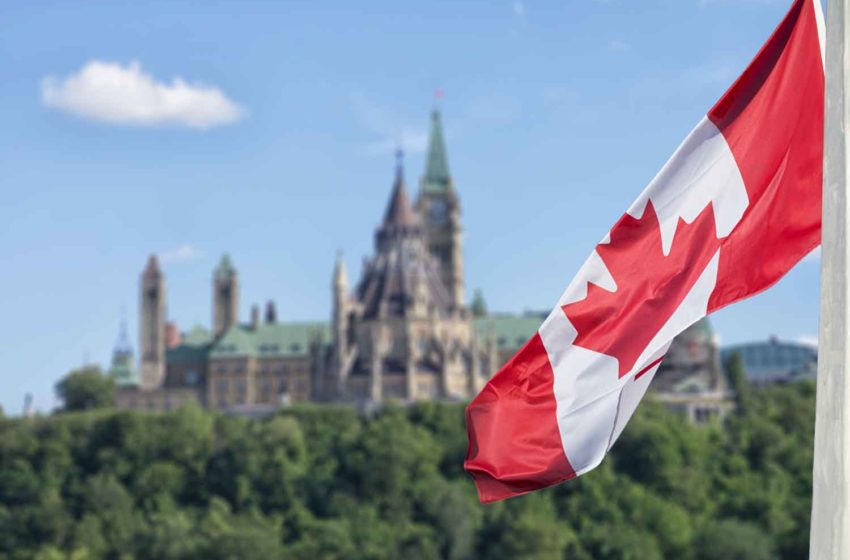
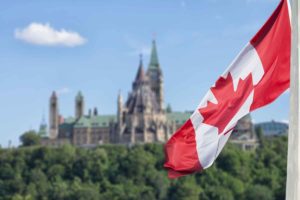 The minister of mental health and addictions says the federal government will ban most vape flavors across Canada soon — more than three years after Ottawa first promised to bring in the regulations.
The minister of mental health and addictions says the federal government will ban most vape flavors across Canada soon — more than three years after Ottawa first promised to bring in the regulations.